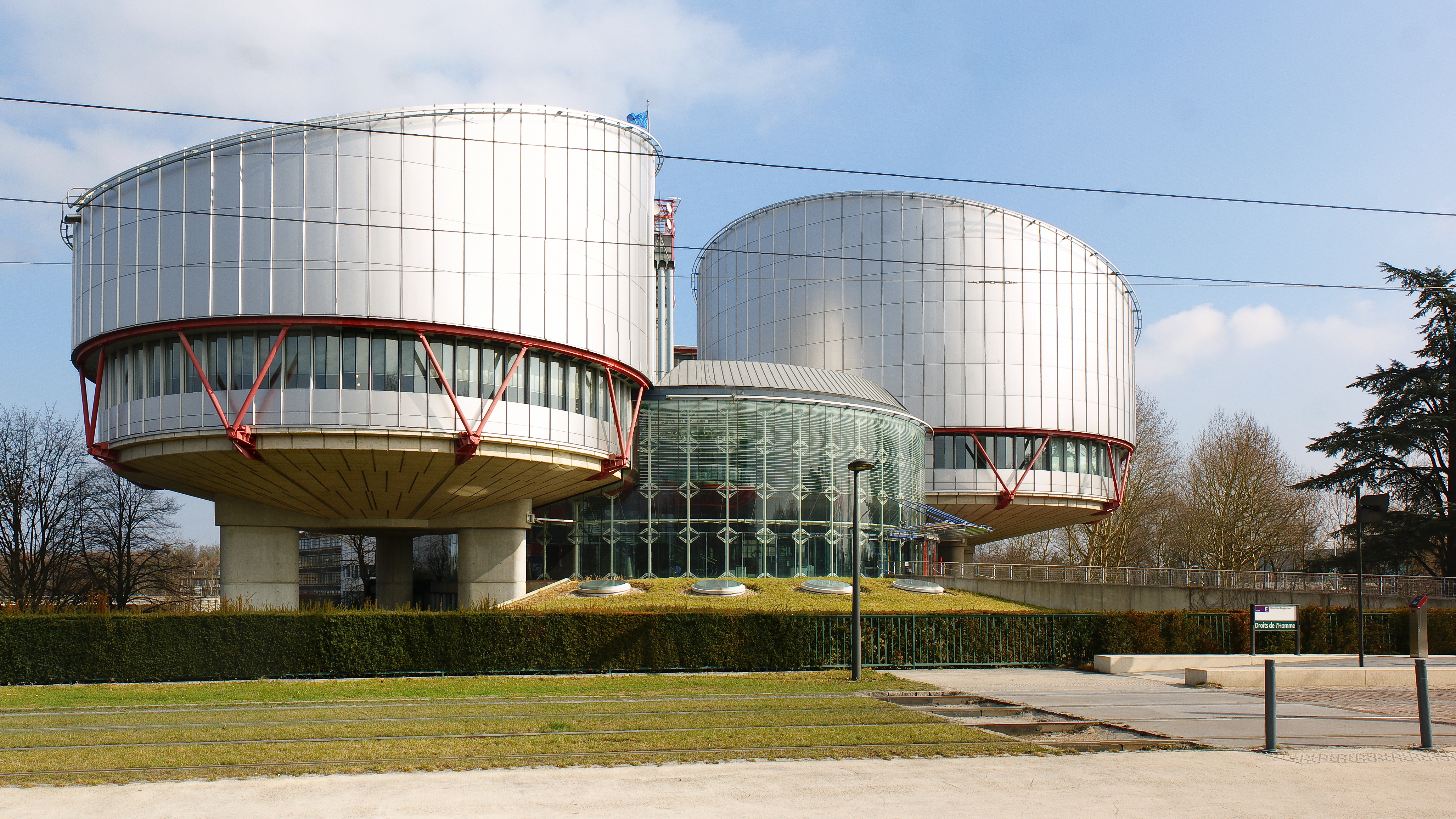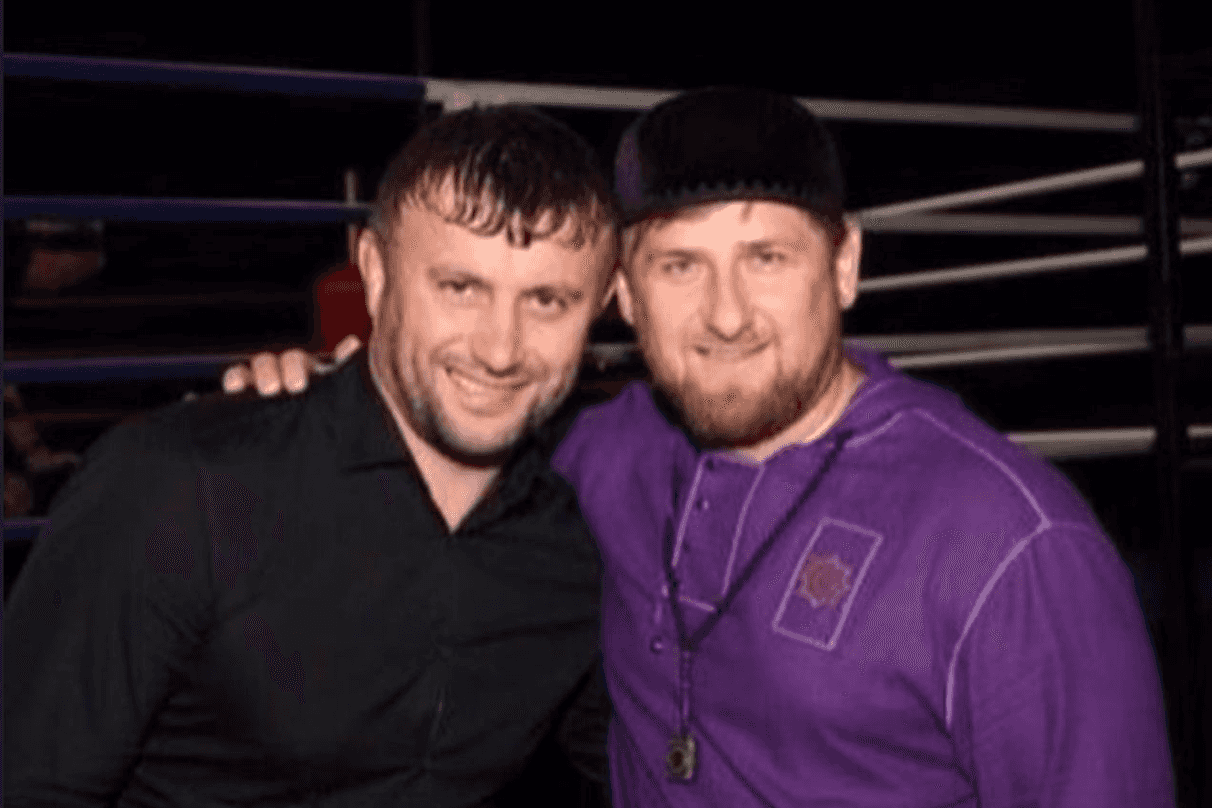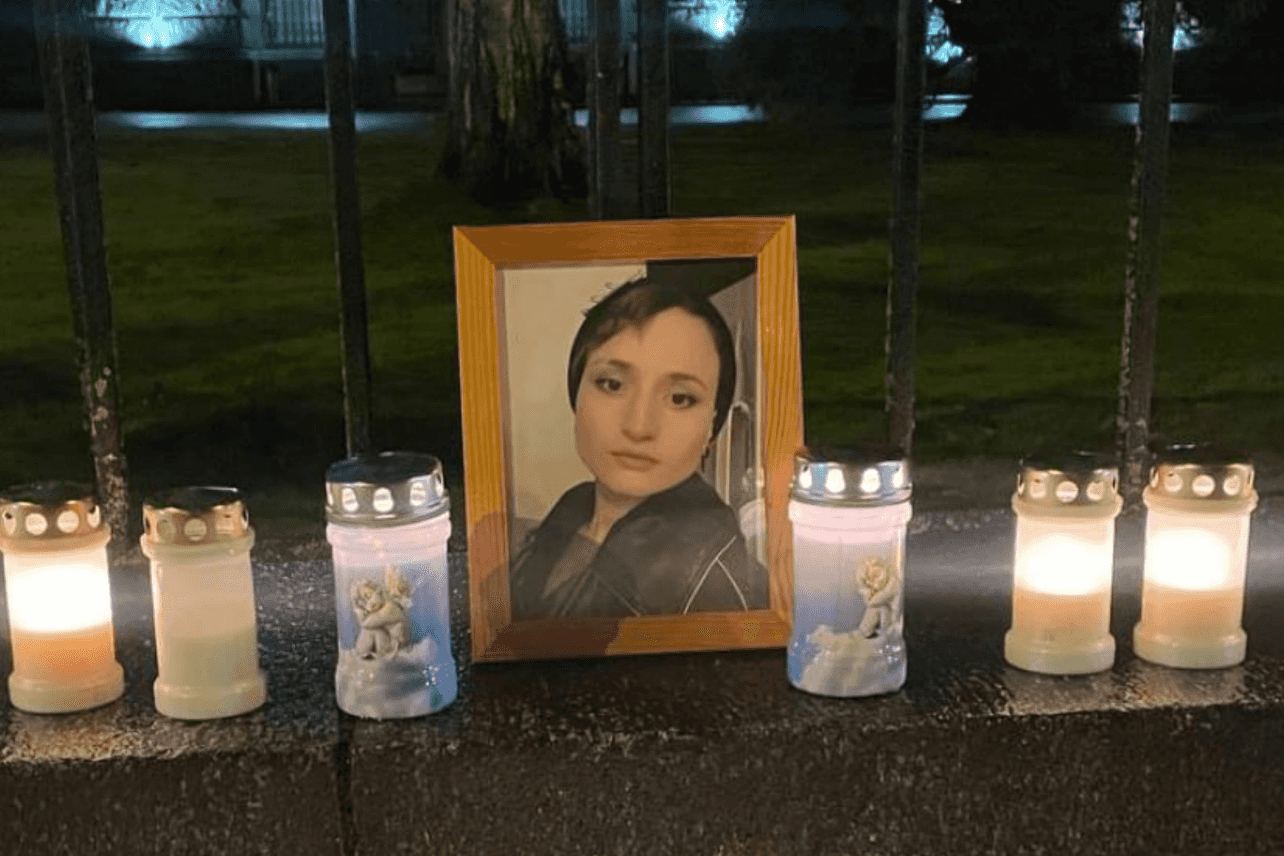

The European Court of Human Rights (ECHR) has ordered the Russian government to pay over €1.9 million ($2.1 million) in compensation to the families of people who disappeared in Chechnya and Ingushetia in the early 2000s.
The court’s rulings on Tuesday involved 21 complaints split into three cases from the two Russian republics.
In each case, the applicants complained to Russian law enforcement agencies about the disappearance of their relatives, but official investigations into these cases were suspended and resumed several times and did not bring any results.
According to the court’s rulings, the applicants received only formal answers.
The decisions of the ECHR said that people disappeared in regions controlled by the Russian authorities, where federal troops were present. The court assumes that all disappeared were abducted.
According to the ECHR, the disappeared were victims of unacknowledged detentions by state agents and should be considered dead.
In response to requests from the ECHR, the Russian government acknowledged that the people were missing but questioned the responsibility of state representatives and stated that the compensation requested was excessive.
The ECHR suggested that Russia find at least the bodies of the abducted people and hand them over to their families for burial; representatives of the Russian government did not answer this.
The court ruled that Russia had violated articles of the Convention on Human Rights related to the right to life, mental suffering in connection with the loss of loved ones and the indifference of the authorities, the right to liberty and security, and the right to effective legal assistance.
In a report released by Russian rights group Memorial in 2005, the group reported that around 1,000 people who were detained by Chechen and Ingush law enforcement agencies in 1999–2005 and after disappeared. The group said this was an incomplete figure as it included only cases in which they could verify information.
According to Memorial, 100 of these people were subsequently found dead and identified, and the remaining are still considered missing.
According to Memorial, there are no official statistics on these disappearances, but in the early 2000s, the Chechen government cited a figure of 2,800 people.
‘I don’t know if my son died’
Lida Yevloyeva, whose son Rasukhan disappeared in Ingushetia in 2004, told OC Media that her son left for work one morning and never came home.
The court awarded Yevloyeva €5,000 ($5,500) in material damages and €80,000 ($88,000) in moral damages.
She said that according to eyewitnesses, her son was detained ‘because of a shooting between the security forces and someone’.
‘Then [I was told] that at night my son and his friend were in the FSB [Federal Security Services] in Magas, in the basement. Then I went there; they told me that they had not seen my son’.
‘I searched everywhere, called all the power structures in Chechnya and Ingushetia, wrote to President Putin, and wrote to the then head of the FSB, Patrushev. No one properly answered my statements and letters’, Yevloyeva said. ‘It is useless’.
‘I don’t know if my son died. Is he alive?’, she added.
Yevloyeva hailed the ruling, saying she was ‘glad that the whole world knows about this tragedy.’
‘And it’s not a matter of compensation’, she added. ‘Money won’t bring back [my son], but there is hope that in losing such cases, the state will think about how to prevent disappearances and kidnapping without trace’.
‘The most problematic part is an effective investigation’
Grigor Avetisyan, who represented some of the applicants, told OC Media that Russia ‘must ensure that such crimes do not recur’.
Avetisyan is a lawyer at the Stichting Justice Initiative, a Dutch organisation that helps victims of human rights abuses in the North Caucasus take their cases to the ECHR.
According to him, Russia generally complies with the ECHR’s compensation rulings, though ‘there are slight delays associated with budgetary problems’.
However, according to him, the court’s orders for the authorities to carry out an effective investigation into such cases ‘is the most problematic part’.
He said that both the applicants and the Russian authorities had sufficient evidence to identify and prosecute the perpetrators of these crimes, but had not done so. ‘This is a systemic problem, not a forensic one’, he said.
According to Avetisyan, the ECHR recognised this problem back in 2012 and called for the creation of an independent investigative body with broad powers. Russian authorities did not follow this suggestion, and the archives of the Ministry of Internal Affairs and the Federal Security Service were closed.
‘Therefore, we are pessimistic about the implementation by Russia of the decisions of the ECHR in this part’, Avetisyan said. ‘Crimes were committed not by private individuals, but by state representatives.’









